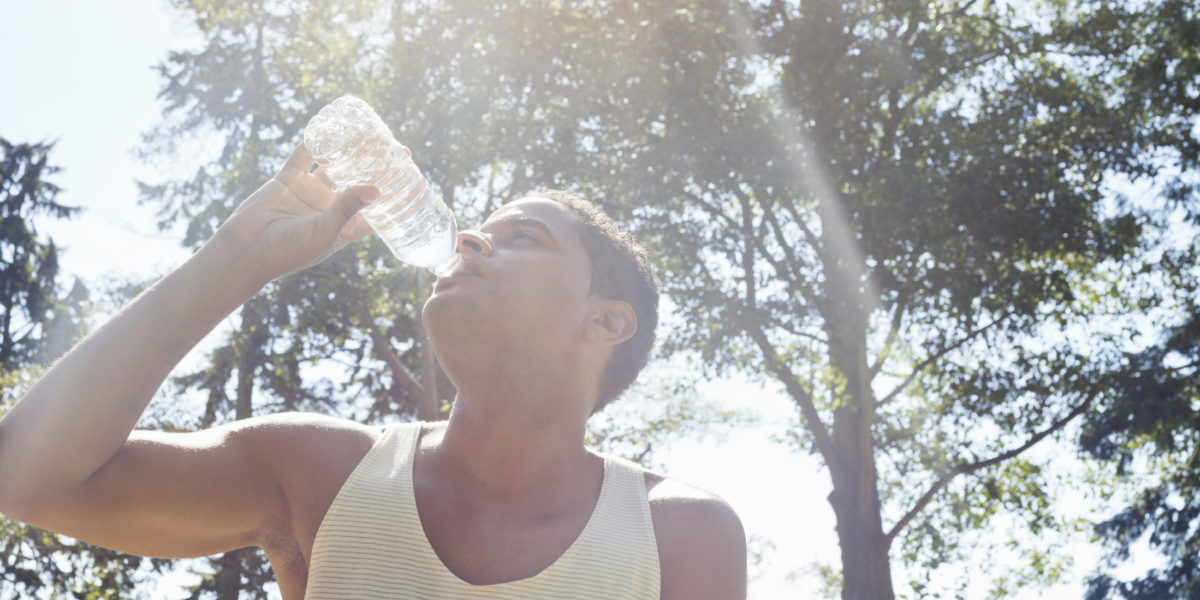Kidney stones are common, sending almost three million Americans to the doctor each year, including over 500,000 trips to emergency rooms. They live up to their reputation of being painful, and can cause serious complications. But kidney stones are treatable — and preventable.
Concerned about kidney stones? Make an appointment a ChristianaCare urologist at 302-320-9420.
1. Causes of kidney stones
Kidney stones are made of salts and minerals in the urine that stick together to form the stones. They can be as small as a grain of sand or as large as a golf ball.
The most common cause of kidney stones is not drinking enough water. It is recommended that you drink at least eight to 10 glasses of water a day. Kidney stones also may also be hereditary; so if others in your family have kidney stones, you may get them, too.
2. Symptoms of kidney stones
You may not have any symptoms when the kidney stones stay in your kidneys, but you may experience pain in your side, stomach, or groin as the stone passes from your kidney to your bladder. The pain may come and go but while it is there you may feel like you cannot find a comfortable position. You may notice your urine looks pink or red. You also may feel nausea, may vomit or just feel sick to your stomach.
3. How kidney stones are diagnosed
If you have severe pain, seek medical care. Your doctor will examine you and may do imaging tests such as a CT scan or an ultrasound that can identify a kidney stone.
4. How kidney stones are treated
Most of the time your kidney stones can be treated at home by drinking lots of water to help the stone pass through your urine. Your doctor may prescribe medicine for pain and medicine to help the stone pass. If the stone is too large or gets stuck in your urinary tract, you may require a procedure called lithotripsy which uses laser treatment or shock waves to break up the stones into small pieces so they can easily pass out of your body through your urine.
5. Avoiding kidney stones
Once you have had kidney stones, you are more likely to get them again. The best way to avoid this is to drink plenty of water and talk to your doctor about any specific dietary changes. All foods should be consumed in moderation. Your doctor may give you medication to prevent stones from forming.



